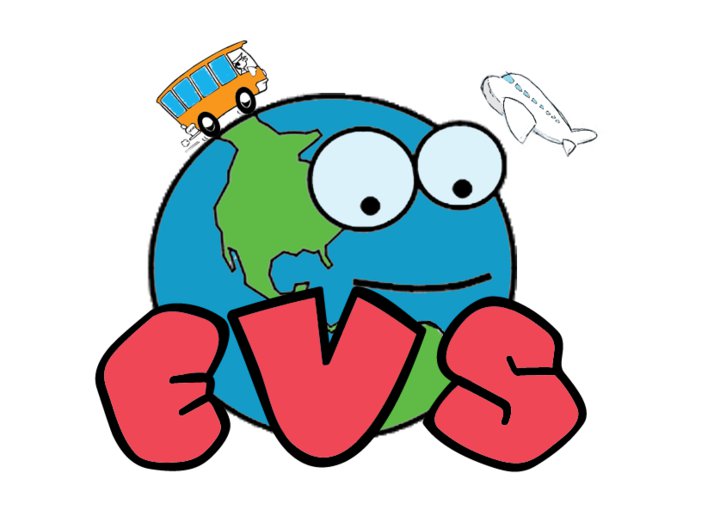
FAQ About EVS

What are the key considerations for designing the EVS curriculum, across Early and Primary Grades?
As per the EVS curriculum,
Primary education is the most important stage of education where children are introduced to a formal set up of schooling and hence it has to be well planned, implemented and assessed to make learning a meaningful and joyful experience.
Children’s life at school must be linked to their life outside the schools, ensure learning is shifted away from rote methods, facilitate overall development with integrated assessment and respect the identity of each child.
At the primary stage, development of language competencies and numeracy are given prime importance through concrete experiences.
EVS in classes III to V as a subject which integrates the concepts and issues of science (physical, chemical and biological), social studies (history, geography, civics, society, culture etc.) and environment education (protection and conservation).
This subject is not there in classes I and II, but the issues and concerns related to it are meant to be part of language and mathematics.
While placing the child as the constructor of knowledge, emphasizes that curriculum, syllabus and textbooks should enable the teacher to organize classroom experiences in consonance with the child’s nature and environment and provide meaningful learning opportunities for all children.
Acquire awareness about immediate / wider surroundings through lived experiences on various themes related to daily life e.g., family, plants, animals, food, water, travel and shelter.
These are the major Curricular expectations:-
As per the EVS curriculum, children at the Primary Stage are expected to:
- Acquire awareness about immediate / wider surroundings through lived experiences on various themes related to daily life e.g., family, plants, animals, food, water, travel and shelter.
- Nurture natural curiosity and creativity for the immediate surroundings.
- Develop various processes/ skills e.g., observation, discussion, explanation, experimentation, logical reasoning through interaction with immediate surroundings.
- Develop sensitivity for the natural, physical and human resources in the immediate environment.
- Point out and raise issues related to equality, justice and respect for human dignity and rights.
